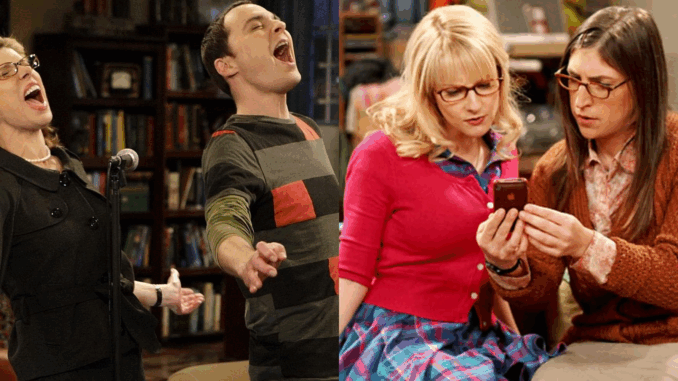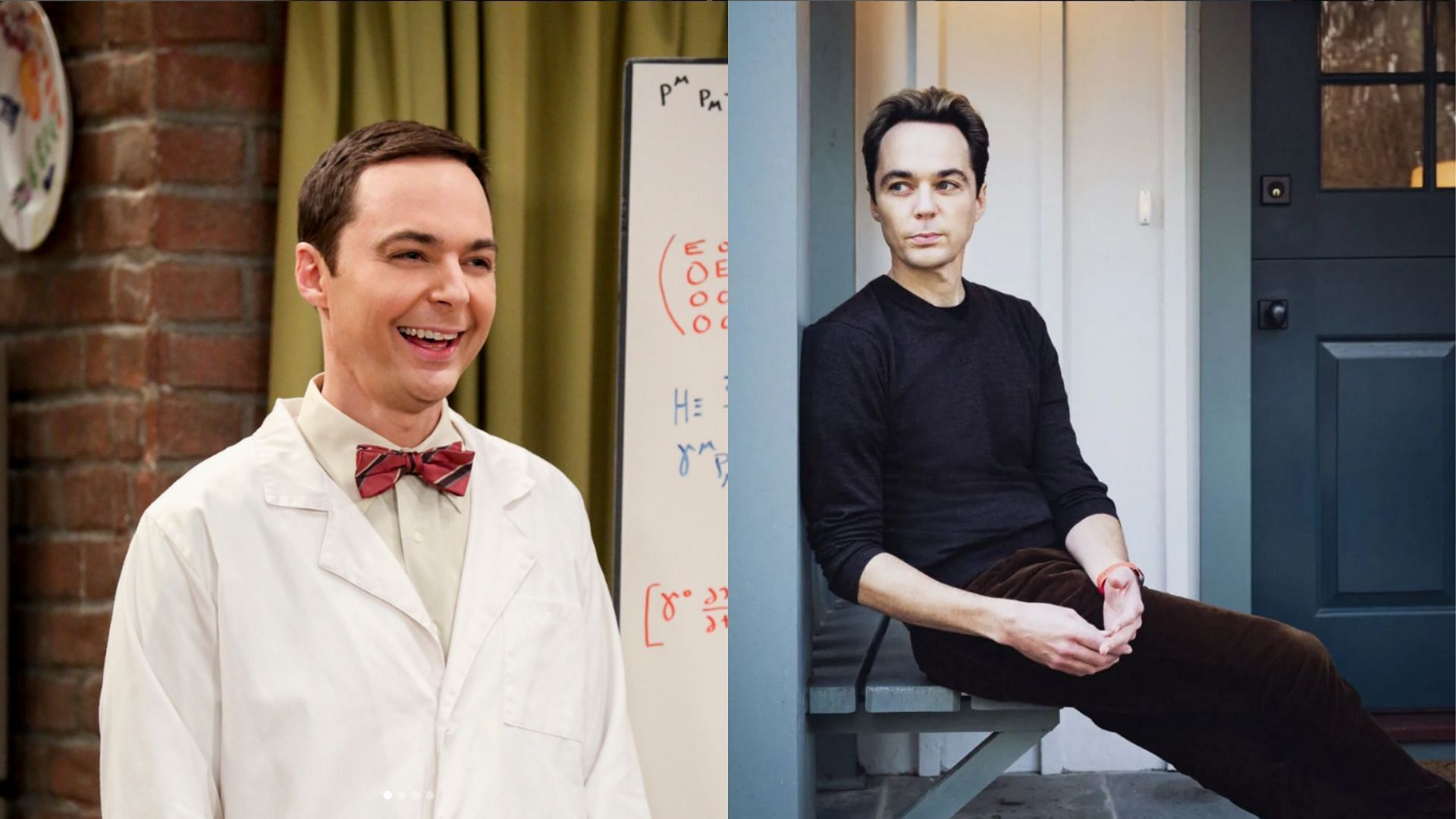
The Breakout Character No One Saw Coming
When The Big Bang Theory premiered, it was designed to be an ensemble comedy. Leonard was meant to be the romantic lead, Penny the girl next door, and Sheldon the eccentric roommate. But by the end of the show’s 12-season run, it was clear: Sheldon Cooper, played by Jim Parsons, had become the show’s true icon. With his robotic delivery, brilliant mind, and social struggles, Sheldon wasn’t the conventional lead — yet somehow, he became the emotional center of the series.
From Antisocial Genius to Fully Formed Man
Sheldon begins the series as a theoretical physicist with an IQ of 187 and little to no interest in human interaction. He doesn’t drive, doesn’t understand sarcasm, insists on bathroom schedules, and demands a specific spot on the couch. At first glance, he’s hard to like — arrogant, inflexible, and often unaware of others’ feelings.
But over time, viewers witnessed one of the most impressive character evolutions in sitcom history. Sheldon, through his relationships with his friends and Amy Farrah Fowler, learned to adapt and grow — not perfectly, and not always gracefully — but in a way that felt authentic. He never abandoned who he was, but he learned how to love and be loved.
Jim Parsons’ Emmy-Winning Performance
Jim Parsons brought something special to Sheldon — a balance of comedic timing, emotional nuance, and physical humor that made the character unforgettable. His ability to make long-winded science monologues funny, or to deliver a deadpan insult with perfect timing, helped him win four Primetime Emmy Awards for Outstanding Lead Actor in a Comedy Series.
What made Parsons’ performance so groundbreaking was how he made Sheldon both laughable and lovable. Even when Sheldon was being difficult, viewers couldn’t help but root for him — a testament to Parsons’ layered portrayal.
Sheldon and Amy: An Unusual Love Story

One of the most unexpected — and ultimately most beloved — arcs in the series was the romance between Sheldon and Amy Farrah Fowler (Mayim Bialik). Introduced in season 3, Amy was initially as socially awkward and emotionally closed-off as Sheldon. But together, they embarked on a slow-burning relationship that never rushed into typical TV tropes.
They had a Relationship Agreement, took years to kiss, and their first intimate moment came after five seasons of development. Yet, fans adored them. Their love story proved that romance doesn’t have to follow a conventional path to be meaningful or moving. When Sheldon proposed with a heartfelt understanding of their connection, or when he gave Amy credit in his Nobel Prize speech, it was clear: Sheldon had grown — and it was beautiful to watch.
The Young Sheldon Effect
The character’s popularity eventually led to a successful spin-off, Young Sheldon, which premiered in 2017. The prequel follows Sheldon as a gifted child growing up in East Texas with his religious family. It explores his formative years and gives fans more context for his quirks, fears, and genius.
The success of Young Sheldon (which itself has become a major network hit) further cements Sheldon’s role as the centerpiece of the Big Bang franchise. It also confirms that audiences are deeply invested not just in Sheldon’s jokes, but in his story.
Sheldon as a Symbol of Neurodivergence
While never officially labeled, many fans and experts have speculated that Sheldon displays traits consistent with autism spectrum disorder or obsessive-compulsive disorder. The show never explicitly addressed these labels — a decision that sparked both praise and criticism.
Regardless, Sheldon became an important figure in pop culture for viewers who saw themselves in his behaviors — those who felt socially different, who were extremely bright but misunderstood, or who struggled with emotional connections. He was a character who succeeded on his own terms and found love, friendship, and success without pretending to be someone he wasn’t.
A Legacy That Will Last
By the series finale, Sheldon Cooper had gone from a punchline machine to an emotional core. His Nobel Prize win wasn’t just a professional milestone — it was a symbolic moment of full-circle growth. As he stood on the stage, acknowledging the people who helped him grow, viewers everywhere felt the depth of his journey.
In many ways, Sheldon Cooper represents the idea that people can change — not because they’re forced to, but because they choose to. And that even the most unconventional characters can become the heart of a beloved story.